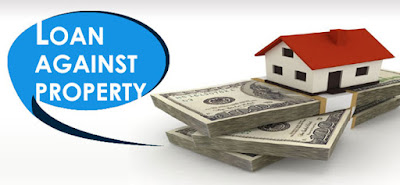Are you in the market for a second home by taking a loan against your first home? We analyse your prospects, basis how old you should be to do this.
It is a dream come true for many people to buy their first home. Given the costly real estate market all over the country, buying one’s own home is a major milestone reached, indeed. Most people resort to taking a home loan for their house purchase, which they then repay through EMIs.
But a few years down the line, as the owner of a house, you might feel the need to purchase a second home. Your reasons for this purchase could be many: You wish to have a weekend home away from your current residence, you wish to invest in more property, you wish to buy property so that you can lease it out or sell it when its value appreciates, and so on. If you do not have the necessary funds for the purchase, you decide to take a loan against your first property.
Though this decision makes sense on many levels, it is also fraught with risk. Consider these factors:
- Can you afford to pay for a second home? This question is pertinent especially if you have an unpaid loan on the first house. You might have to juggle two EMIs.
- Do you have a stable source of income? If your job is stable and you are at a stage where you are likely to be promoted into upper management with a corresponding salary increase, you might consider taking the plunge and buying a second home. But if you are in your 20s, working on a middle management job and paying EMIs for a home and vehicle, and also juggling the demands of a growing family, you should postpone your decision by a few years.
- Why do you need a second home? Whether you are planning to live there for certain days of the year, or whether you lease it out, you will still have tax liabilities and maintenance expenses on it. If you are still in the ‘growth phase’ of your career, you might reconsider the decision to strain yourself further with a second home purchase.
- Have you calculated how much loan against property you will get? If you decide to take a loan for the second home, most banks and financial institutions do not give more than 70% of the second home’s value in lieu of a loan. The loan terms are not identical for both loans, and interest rates are normally higher for second home loans.
Thus, it is advisable to take a loan against property only when the first home loan is completely repaid. Taking a top-up loan on the same property when the first loan is still unpaid will result in more EMIs for you. Also, top up loans are given for a figure not exceeding that of the first property loan, so if your second home is an expensive purchase, you will need to arrange for more upfront funds to complete the transaction.
To come back to the question of when it is advisable to take a loan against property for a second home, the answer is: At least 10 to 15 years after the first home purchase. In this time, serious borrowers are more likely to have repaid the home loan in entirety. Also, the intervening period sees an increase in income (though with a corresponding increase in property prices), so one’s loan eligibility is also higher. Besides, since you pledge your first home as collateral, the lending institution is more likely to approve your loan request.
